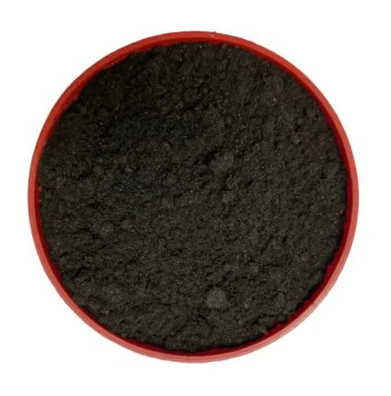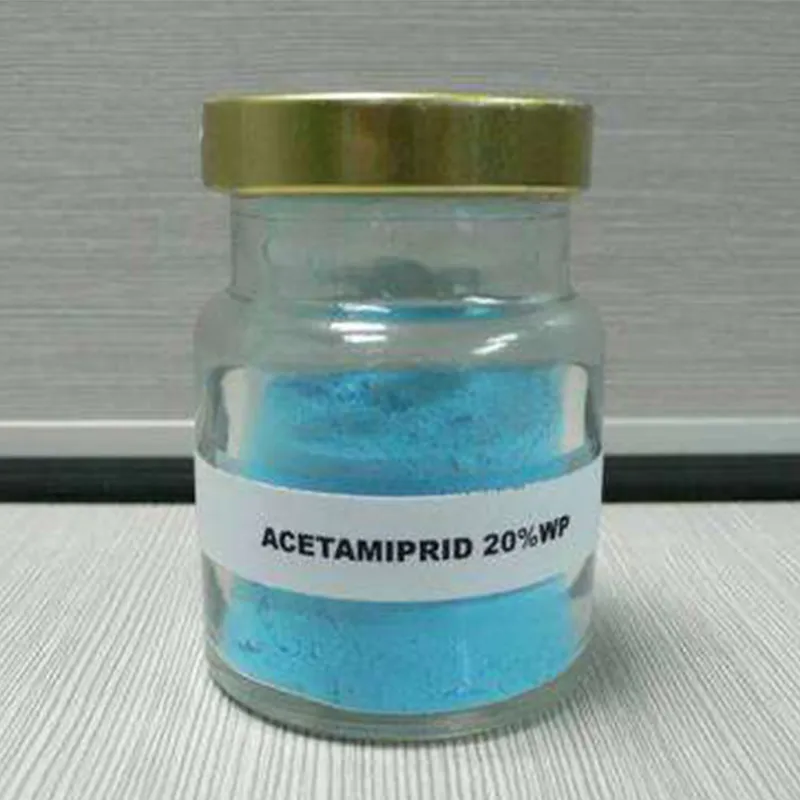

Nanomaterials Transform Numerous Fields
Nanomaterials can facilitate the creation of small-scale products and processes at the nanoscale. Some examples of the application of nanomaterials include electronics, nanomaterials can be used to produce faster and more efficient devices; in medicine, they can be utilized to develop targeted drug delivery systems; and in energy, they can improve energy conversion and storage.

Glyphosate
Mar . 04, 2025 10:14
Back to list
Glyphosate
Glyphosate, a herbicide widely used in agriculture, is at the center of discussions concerning its implications and efficacy. This chemical, known for its ability to control a variety of weeds, has revolutionized agricultural practices since its introduction. As a tool for enhancing crop yields and controlling vegetation, glyphosate's role in agriculture extends far beyond mere weed control—it influences economic aspects, environmental management, and public health concerns.
Despite its agricultural benefits, glyphosate remains a topic of intense debate regarding its safety. Authoritative bodies such as the Environmental Protection Agency (EPA) and the World Health Organization (WHO) have conducted extensive evaluations of glyphosate. The consensus among regulatory agencies is that glyphosate, when used according to guidance, does not pose significant risks to human health. However, these findings are continually reviewed with the advent of new research and emerging data. Building trust within the agricultural community and public is key when discussing glyphosate. Transparent communication about the benefits and potential risks associated with its use is essential. Farmers and agricultural product companies are encouraged to engage with local communities and share evidence-based practices that highlight responsible glyphosate use. Practical demonstrations and open forums can serve as platforms to address public concerns and provide assurances about safety standards and environmental care. In conclusion, the role of glyphosate in agriculture is multifaceted, balancing between enhancing productivity and addressing environmental and health concerns. Continuous advancements and responsible use are critical to ensuring that glyphosate remains a viable tool within the agricultural industry. The amalgamation of empirical evidence, regulatory oversight, and proactive communication strategies will ensure that glyphosate use aligns with modern farming's demands for safety, sustainability, and efficiency. Ensuring harmonious integration with other agricultural practices will reinforce glyphosate's place in the future of sustainable agriculture.


Despite its agricultural benefits, glyphosate remains a topic of intense debate regarding its safety. Authoritative bodies such as the Environmental Protection Agency (EPA) and the World Health Organization (WHO) have conducted extensive evaluations of glyphosate. The consensus among regulatory agencies is that glyphosate, when used according to guidance, does not pose significant risks to human health. However, these findings are continually reviewed with the advent of new research and emerging data. Building trust within the agricultural community and public is key when discussing glyphosate. Transparent communication about the benefits and potential risks associated with its use is essential. Farmers and agricultural product companies are encouraged to engage with local communities and share evidence-based practices that highlight responsible glyphosate use. Practical demonstrations and open forums can serve as platforms to address public concerns and provide assurances about safety standards and environmental care. In conclusion, the role of glyphosate in agriculture is multifaceted, balancing between enhancing productivity and addressing environmental and health concerns. Continuous advancements and responsible use are critical to ensuring that glyphosate remains a viable tool within the agricultural industry. The amalgamation of empirical evidence, regulatory oversight, and proactive communication strategies will ensure that glyphosate use aligns with modern farming's demands for safety, sustainability, and efficiency. Ensuring harmonious integration with other agricultural practices will reinforce glyphosate's place in the future of sustainable agriculture.
Prev:
Next:
Latest news
-
Uncover the Benefits of Sodium ChlorateNewsJun.24,2025
-
Sodium for Sale: Your Essential ResourceNewsJun.24,2025
-
Raw Materials in Chemical IndustryNewsJun.24,2025
-
Potassium Hydroxide: Versatile Solutions for Your NeedsNewsJun.24,2025
-
Organic Pesticides and Chemical Raw Materials: Building a Sustainable FutureNewsJun.24,2025
-
Discover Premium Chlorine Tablets TodayNewsJun.24,2025
-
Zinc for Sale: Your Essential ResourceNewsJun.04,2025
Hot Products


















